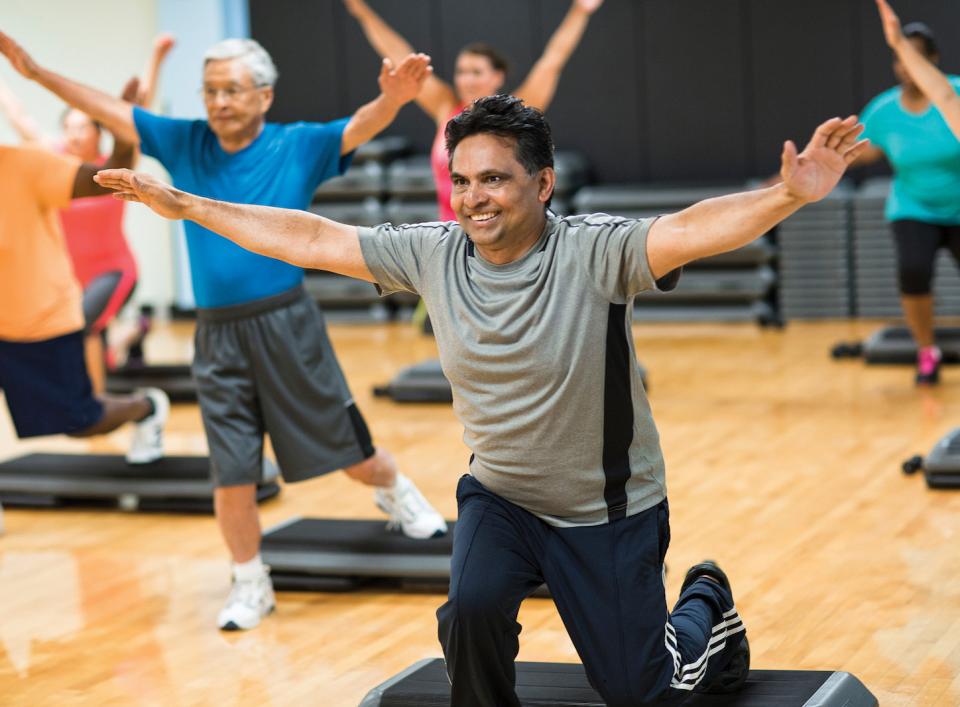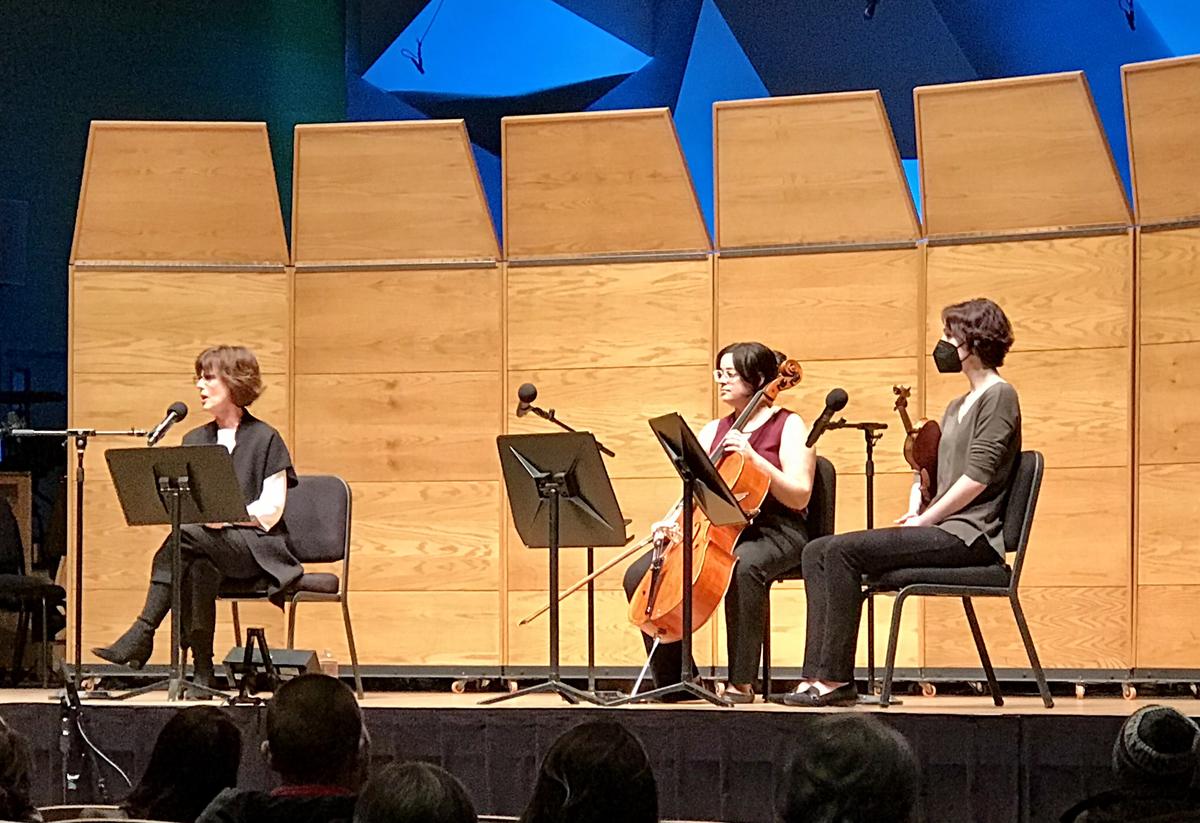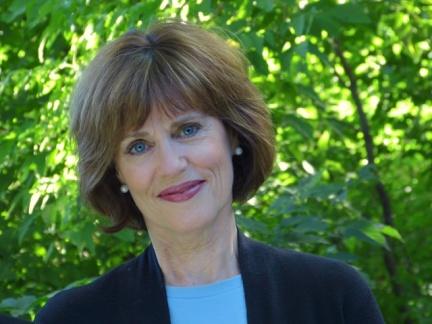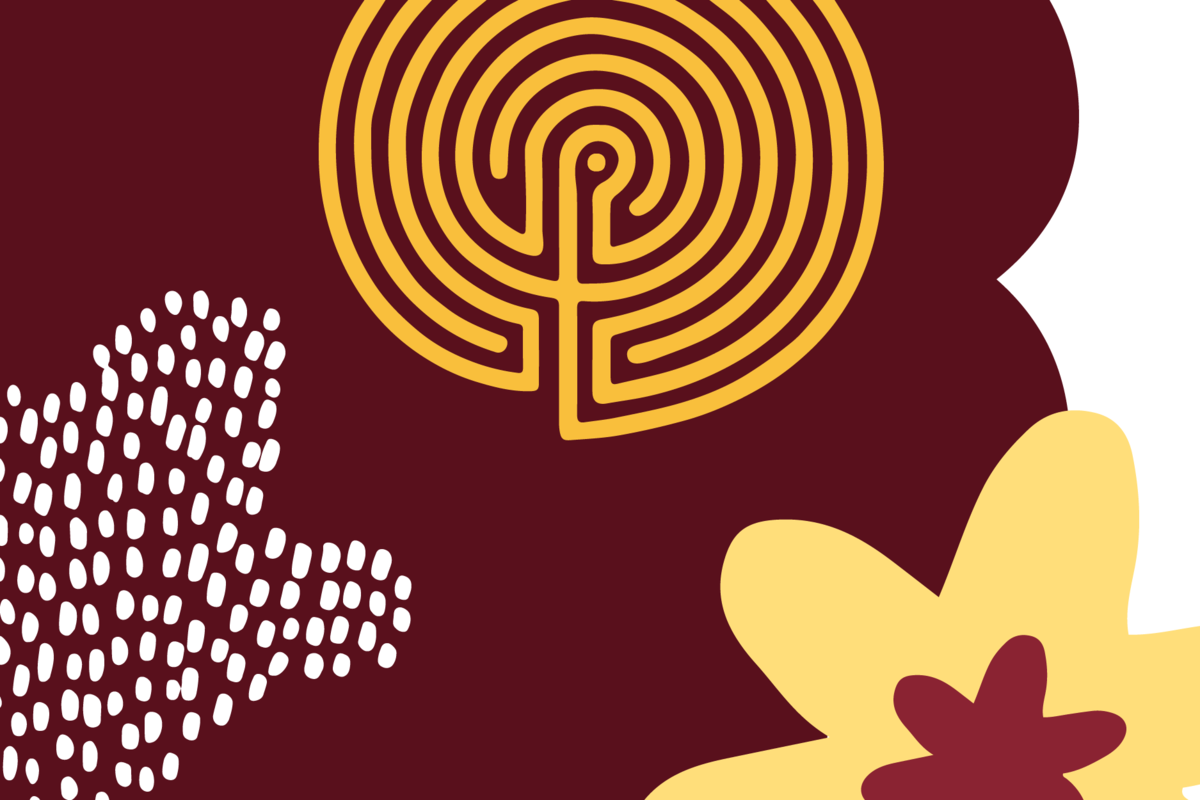Keeping Wellbeing Top-of-Mind
March 6, 2018

Every other day, Bobbie Edelstein walks for one mile. It’s not just a casual stroll for the 64 year old St. Paul resident, but a road to recovery. Edelstein underwent major spine surgery in December, a procedure that has dramatically limited some forms of movement for her.
But physical activity will play a big role in bouncing back from illness. Only two years ago, she turned to adaptive yoga to help rehabilitate her body and calm her mind after she was successfully treated for breast cancer. Edelstein explained that being proactive about her health helps her recover from severe illness and keep a positive attitude while weathering her health conditions.
“It’s my whole life right now,” she said. “I try to be as healthy as possible in what I eat and what I do. I am incredibly lucky; I’m living.”
Like Edelstein, there are many middle-age to older adults who can benefit significantly from physical activity. Now, the University of Minnesota’s Earl E. Bakken Center for Spirituality & Healing and the YMCA of the Greater Twin Cities are teaming up on a study to help these adults enhance their health and wellbeing so they can live their best lives. Funded by the National Institutes of Health, the study focuses on developing and testing a new educational program called Mindful Movement which aims to help adults ages 50 and up overcome barriers to exercise, and gain the skills and motivation to improve their wellbeing.
Roni Evans, DC, PhD, Director of the Center’s Integrative Health and Wellbeing Research Program and lead investigator on the study, says Mindful Movement combines elements of mindfulness—where participants focus their thoughts and awareness on the present moment—with guided breathing, slow movements,
and meditation exercises.
“Physical activity recommendations for older individuals are the same as for their younger counterparts, but recent evidence shows the majority of middle-age to older adults fall alarmingly short of these recommendations,” Evans said, adding that physical activity can help older adults enjoy a lower risk of chronic diseases, dangerous falls, better function in the body, and a higher overall quality of life. “Mindfulness practices are something anybody can engage in. They are wonderful tools for helping people take care of themselves.”
During the study, researchers will record participants’ activity levels along with other measures of wellbeing, such as their feelings of social connectedness, bodily comfort, and satisfaction with their own progress. The researchers will then compare the program to an adaptation of a previous health education program, 10 Keys to Health and Wellbeing, to gauge how successful it is in helping participants.
“We were thinking, ‘What can we do collectively that really embraces our shared mission?’” Rood said. “This NIH grant looked like a really great opportunity to do something that would improve the health of the aging population in a whole new way. We’re excited about delivering this program.”
Owning your Health
Nearly a third of the world’s population falls short of recommended physical activity levels according to a 2012 Lancet study by an international team of researchers, so the need for more physical activity isn’t unique to the 50 and up age group. But as the number of older adults in the U.S. increases, there’s a growing awareness of the unique wellbeing challenges this group may face. Activities that used to be easy may become more difficult and less enjoyable to adults as they age, for example, and they are more likely to have multiple chronic health conditions, such as arthritis, that limit their physical activity.
While doctors, hospitals and medications will always play an important role in keeping people healthy, Center Director Mary Jo Kreitzer, PhD, RN, FAAN, said experts are increasingly looking outside of the healthcare system to lifestyle factors like diet, exercise, and stress, in order to improve people’s health and wellbeing.
“When we think about who’s responsible for our health and wellbeing, often we’ll say ‘my insurance’ or ‘my doctor,’” Kreitzer said. “But the good news—and the bad news—is that it’s us. We really are responsible for our own health and wellbeing.”
This is a concept Lauralie Millikan has embraced. The 62 year old St. Paul resident, who just joined the YMCA in December as a way to stay physically fit, said she thinks about her health and wellbeing fairly often. Millikan takes proactive steps to prevent health problems whenever possible, but will also commit to following a doctor’s recommendation when it comes to that. She has been athletic her whole life and has years of experience practicing yoga.
“I’m the kind of person who generally feels responsible for my health,” Millikan said.
Room to Grow
The Mindful Movement study’s research team began recruiting participants at the YMCA of the Greater Twin Cities’ Southdale location in February, with more recruiting to follow at its Midway location in April. If all goes well by the time this first study wraps up in the summer, the researchers anticipate following up with a larger study in 2019.
“Hopefully, the Mindful Movement intervention will be shown to be effective for motivating individuals 50 and older to be more physically active,” Evans said. “If it is, we would love to see the program implemented in YMCAs through the USA and internationally.”
The appetite for a program like Mindful Movement is certainly there. “Many adults over 50 come to the YMCA,” Rood said, “because they see it as a welcoming, comfortable environment where they can focus on their wellbeing;” a recent survey of YMCA of the Greater Twin Cities members showed older adults reported wanting more mindfulness, meditation and spiritual wellbeing opportunities. An expansion would allow the program to help more adults over 50 from the YMCA of the Greater Twin Cities, which has 363,000 members, and the YMCA as a whole, which counts more than 22 million in the United States.
“At the end of the day, we’re hoping to build something together so that we can serve our community in a way that really makes a difference,” Rood said.


